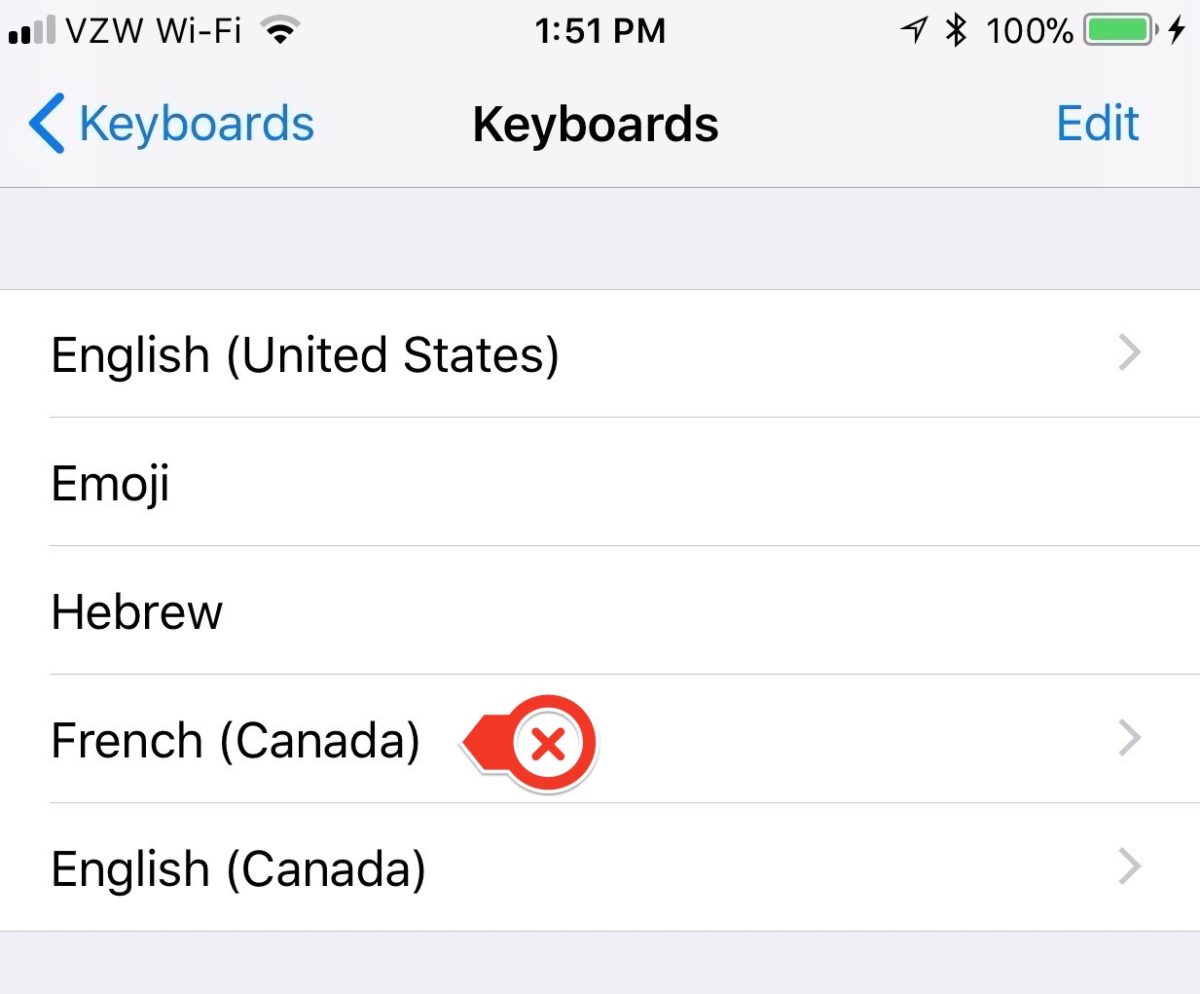This year’s Yom HaShoah marks the 80th anniversary of the liberation of Auschwitz-Birkenau—a somber reminder of the horrors of the past and a powerful call to action for the future. As I’ve reflected in previous writings, the phrase “Never Forget” carries a responsibility not only to preserve memory but to translate it into meaningful action and leadership. At OJCS, our students exemplify this commitment, particularly through our restructured Grade 7 Holocaust curriculum.
Why We Remember
Yom HaShoah serves as a profound moment for reflection, mourning, and education. “Never Forget” isn’t merely about recalling historical facts; it’s about actively engaging with the ethical and moral imperatives that emerge from history’s darkest chapters. When we say “Never Forget,” we commit ourselves—and our students—to creating a world rooted in empathy, justice, and compassion. As I’ve previously shared in “Remember” With Your Mouth; “Don’t Forget” In Your Heart, this underscores our belief that remembrance must live both outwardly and inwardly, through our actions and our attitudes.
Grade 7: Stewards of Remembrance
This year, we’ve introduced a revitalized Holocaust studies curriculum in Grade 7, positioning this grade as the focal point for Holocaust education and community leadership at OJCS. Students delve deeply into survivor testimonies, historical narratives, literature, and ethical discussions, developing not only knowledge but emotional intelligence, empathy, and a profound sense of responsibility.
The culmination of this curriculum is our school’s Yom HaShoah commemoration, fully planned and led by our Grade 7 students. They organized and facilitated a thoughtful Grades 5–8 Assembly designed to foster meaningful reflection and community engagement. Additionally, Grade 7 students showcased their learning through a Holocaust book presentation, sharing powerful and insightful projects with their peers, faculty, and families in a science-fair-style exhibition.
Connecting Memory to Action (and Zionism)
Our commitment to remembrance, of course, extends beyond Grade 7. The comprehensive Holocaust curriculum serves as a critical foundation for Grade 8’s exploration of Zionism and modern Jewish identity. By understanding the profound impact of the Shoah, students gain essential context for why a Jewish homeland—and the continued strength and vitality of Israel—remains vital to the Jewish people worldwide. This thoughtful progression prepares our graduates not only for high school but also for meaningful engagement with complex contemporary issues affecting Jewish communities today.
Our sequential approach – reimagined to meet the needs of a post-October 7th world – beginning with deep Holocaust education in Grade 7 and moving into an exploration of Zionism in Grade 8, is designed to equip our students with critical tools and context. This intentional curricular progression addresses a real and pressing need, as many of our alumni share experiences of encountering antisemitism and anti-Zionism in high school and university settings. By embedding rigorous historical knowledge, critical thinking, and moral clarity early, we ensure our graduates are ready not only to respond thoughtfully but to proactively advocate for themselves and their communities.
Additionally, as the community Jewish day school located in Canada’s national capital, OJCS offers a uniquely rich environment for nurturing student leadership. Our emphasis on public speaking, civic engagement, and meaningful interactions with leaders and institutions of national importance provides students unparalleled access and opportunities. Particularly in an election year, our students witness firsthand how critical active citizenship is, empowering them to become articulate and confident participants in Canada’s broader civic life.
Commitment to the Future
As we mark this significant anniversary, our commitment remains clear and strong. At OJCS, remembering the Holocaust isn’t confined to a single day or event—it permeates our educational approach, shaping young leaders who are ready to carry forward the lessons of history into meaningful action.
May our Grade 7 students’ leadership on Yom HaShoah continue to inspire us all toward deeper empathy, greater justice, and a relentless pursuit of a brighter future.




